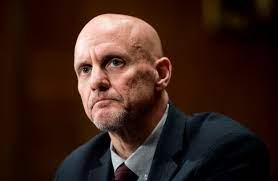In the realm of vaping regulations and public health, the issue of Premarket Tobacco Product Applications (PMTAs) remains a focal point. Recently, anti-vape groups have taken a proactive step by requesting Judge Paul W. Grimm to oversee and monitor the Food and Drug Administration’s (FDA) progress in processing PMTA submissions. This development adds an interesting layer to the ongoing discourse surrounding the e-cigarette industry and its potential impact on public health.
The PMTA Process and Its Relevance
Understanding the Premarket Tobacco Product Application (PMTA)
The PMTA process is a regulatory requirement imposed by the FDA for manufacturers of e-cigarette products including vape pens and e-liquids. It entails a comprehensive evaluation of each product to ensure it meets the necessary public health standards before it can be legally marketed and sold. This evaluation covers various aspects, including product ingredients, potential health risks, and potential appeal to youth.
Advocating Judicial Oversight
The Push for Judge Grimm’s Involvement
Anti-vape groups have expressed concerns regarding the FDA’s ability to effectively regulate the e-cigarette industry. They argue that judicial oversight, under Judge Paul W. Grimm, would provide an additional layer of accountability and transparency, ultimately ensuring a thorough and unbiased evaluation of PMTA submissions. This move is seen as an effort to prevent potential conflicts of interest and to prioritize public health and safety in the approval process.
The Broader Implications
Balancing Regulation and Innovation
This development sparks a larger discussion on the delicate balance between stringent regulations and fostering innovation within the e-cigarette industry. Striking this balance is crucial to address public health concerns while allowing for the continued development of harm reduction alternatives for adult smokers. The outcome of this request for judicial oversight could set a precedent for future regulatory approaches within the vaping landscape.



